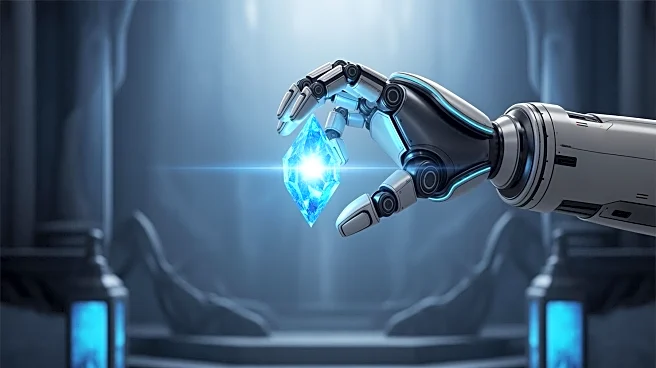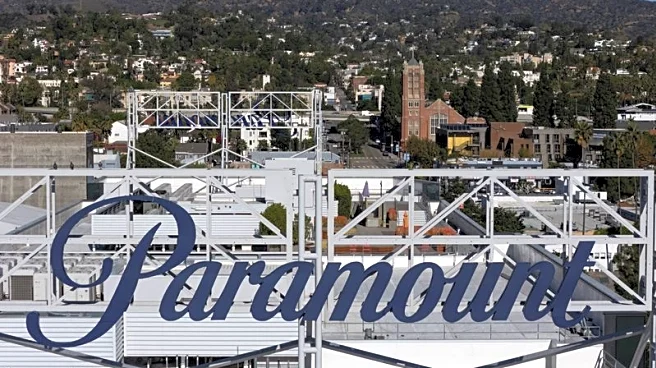What's Happening?
Capcom has not released a sequel to Mega Man Legends 2, despite fan anticipation and initial plans for a prototype version. The project was officially canceled in 2011, with Capcom attributing the cancellation
to a lack of fan involvement, although later reports suggested the demo was nearly complete. Mega Man Legends 2, released 25 years ago, ended on a cliffhanger, leaving fans without closure. The series, known for its rich storytelling and unique take on the Mega Man franchise, remains incomplete. Capcom has since focused on compiling other Mega Man series into collections, leaving Mega Man Legends as the exception.
Why It's Important?
The cancellation of Mega Man Legends 3 highlights the challenges and risks associated with fan-driven development processes. Capcom's decision to cancel the project despite significant fan interest underscores the complexities of balancing creative vision with community expectations. The unresolved storyline of Mega Man Legends 2 continues to be a point of contention among fans, reflecting broader issues in the gaming industry regarding unfinished narratives and the impact of corporate decisions on fan communities. The situation also illustrates the potential disconnect between corporate strategies and consumer desires, particularly in legacy franchises.
What's Next?
While there are no current plans to revive Mega Man Legends 3, the enduring fan interest suggests that there could be future opportunities for Capcom to revisit the series. The company may consider leveraging modern platforms and technologies to re-engage with the fanbase. Additionally, the success of other Mega Man compilations could influence Capcom's decision-making regarding the potential for a Mega Man Legends collection. However, any future developments would need to address the narrative gaps left by the original series to satisfy long-standing fan expectations.
Beyond the Headlines
The Mega Man Legends series serves as a case study in the importance of narrative resolution in gaming. The lack of closure in the series has left a lasting impact on its fanbase, highlighting the emotional investment players have in game stories. This situation also raises questions about the role of fan engagement in game development and the potential for collaborative creation processes. As the gaming industry continues to evolve, the lessons learned from the Mega Man Legends saga may inform future approaches to franchise management and community interaction.











